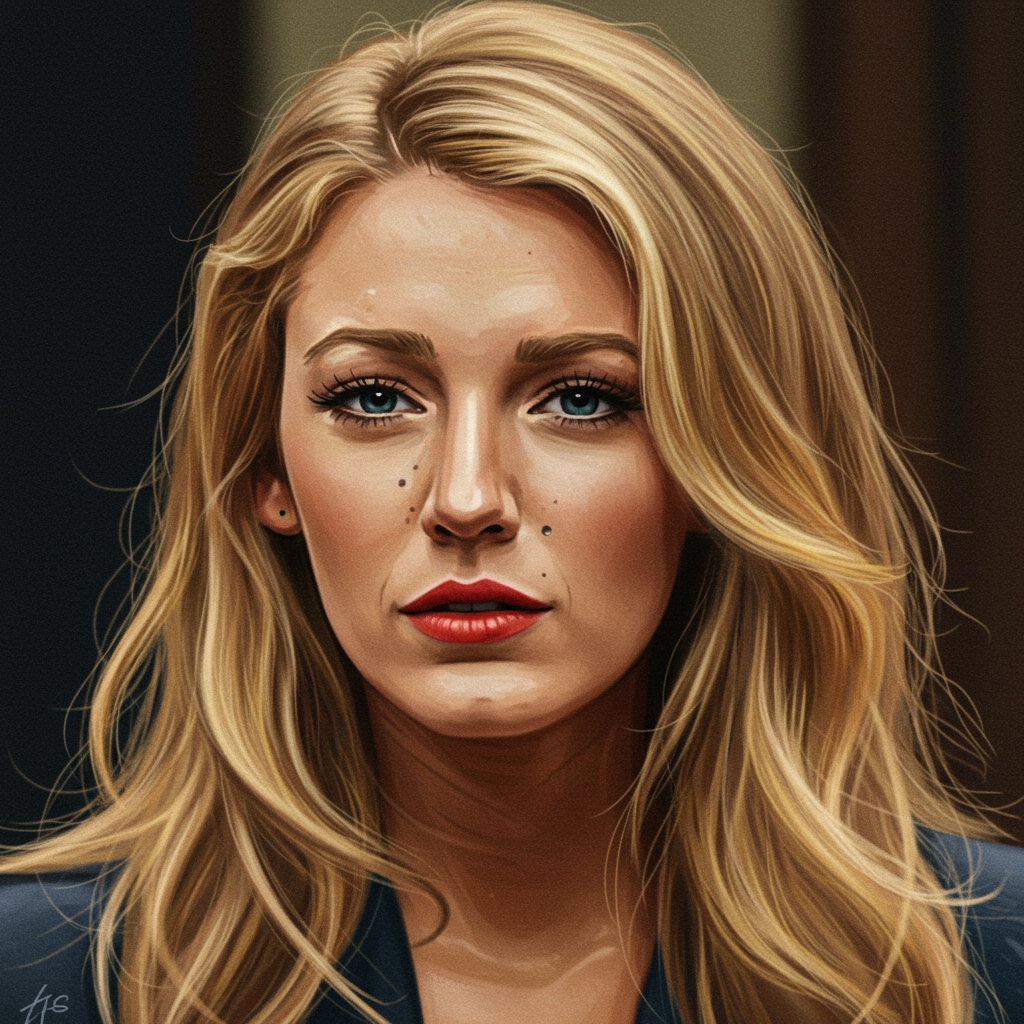Sean “Diddy” Combs received a 50-month federal prison sentence on October 3, 2025, marking a stunning downfall for the music mogul. This severe judgment followed his conviction on two counts of transportation to engage in prostitution. However, the legal drama intensified with scathing criticism from renowned OJ Simpson attorney Alan Dershowitz, who lambasted Diddy’s pre-sentencing conduct as “stupid and arrogant.” This controversial decision, concerning planned public speaking engagements, allegedly infuriated the court and cast a long shadow over the proceedings. The rapper’s future now hinges on complex legal battles, including potential appeals and even the slim possibility of a presidential pardon.
The Costly Pre-Sentencing Blunder
Just days before his fate was sealed, Diddy made a decision that sparked widespread outrage among legal experts. Prosecutors revealed in court that the embattled star had already booked public speaking engagements in Miami for the week immediately following his sentencing. This audacious move, demonstrating a perceived lack of deference to the judicial process, drew fire from all corners.
Harvard Law professor and OJ Simpson attorney Alan Dershowitz did not mince words. In an exclusive interview, Dershowitz called the act “a slap in the face to the judge.” He found it “outrageous” that anyone would permit such a plan. “I can’t imagine anything more stupid than that,” Dershowitz declared. He asserted he would have immediately withdrawn from the case if a client had insisted on such a public display of arrogance. “I’m not Dr. Kevorkian,” he quipped, “I don’t believe in walking my clients into a death chamber. And that was a kiss of death.” This severe critique underscores the gravity of Diddy’s sentencing mistake.
Inside the Courtroom: Remorse Amidst Revelations
The courtroom on October 3, 2025, became a stage for high drama and raw emotion. Sean Combs, once a titan of entertainment, listened as Judge Arun Subramanian delivered a sentence of 50 months in federal prison. This included five years of supervised release and a substantial $500,000 fine. Adding to the gravity, Diddy had already served 13 months, which would be credited against his total sentence.
Diddy’s defense team presented an 11-minute video montage during the sentencing hearing. The footage featured heartwarming clips of the rapper with his children when they were young. Current testimonials from his grown children praised their father’s “inspiring” presence and unwavering support. The video also highlighted Diddy’s charitable contributions throughout his life, aiming to soften the court’s stance. As the emotional tribute played, Diddy reportedly cried in court, visibly overcome with emotion.
Robert Shapiro, another prominent OJ Simpson attorney, offered his perspective on the judicial process. He acknowledged the emotional power of family testimonies. However, Shapiro stressed that all information presented in court faces intense scrutiny. He suggested that “an 11-minute video disappears with a 30-second video,” implying that positive portrayals can quickly be overshadowed by a defendant’s overall conduct. Shapiro also noted that judges typically enter the courtroom with a clear idea of the intended sentence. They carefully review all materials, including probation recommendations and legal briefs. His insight suggested the judge’s focus was ultimately on Diddy’s “conduct,” rather than solely the specific crime, when imposing such a “substantial sentence.”
A Public Apology and Acknowledgment of Guilt
When given the opportunity to address the court directly, Sean Combs expressed profound remorse for his actions. “One of the hardest things has been to be quiet,” Diddy stated, “not being able to express how sorry I am for my actions.” He specifically apologized to Cassie Ventura for any emotional or physical harm he caused. Diddy also extended apologies to “Jane,” a witness who testified under a pseudonym during the trial. He publicly admitted, “I didn’t mean to hurt you. Sorry that I brought you into my mess.” Furthermore, he offered a broader apology to all victims of domestic violence.
The music producer acknowledged his “actions were sick.” He openly referenced substance abuse issues, admitting, “I was out of control. I needed help, but I didn’t get the help.” Diddy took responsibility, asserting, “I can make no excuse because I knew better. My mama taught me better. My faith taught me better.” He lamented the devastating consequences: “Because of my decisions I lost my freedom. I lost the opportunity to effectively raise my children and be there for my mother. I lost all my businesses I lost my career. I totally lost my reputation. I lost my self respect.” In a moment of raw vulnerability, Diddy confessed, “I’ve been humbled and broken to my core. I hate myself right now. Stripped down to nothing. I really am truly sorry for it all no matter what they say. I want to apologize to my seven children.”
The Judge’s Stance and Future Legal Pathways
Judge Arun Subramanian maintained a firm stance throughout the proceedings. Days before the sentencing, the federal judge had rejected Diddy’s last-ditch request for a new trial and a full acquittal. He cited “overwhelming evidence” of Diddy’s guilt on the charges of transportation to engage in prostitution. This prior decision underscored the strength of the prosecution’s case and the judge’s conviction regarding the rap mogul’s culpability. The judge’s focus on Diddy’s “conduct” throughout his involvement in the case significantly influenced the sentencing outcome.
Despite the firm sentence, the legal battle for Sean Combs is far from over. Former federal prosecutor Neama Rahmani outlined Diddy’s likely next steps. “This isn’t the end of the legal road for Diddy,” Rahmani affirmed. He predicted Diddy’s legal team “can and will appeal.” Potential arguments for an appeal could center on claims that the judge improperly calculated sentencing guidelines. They might also contend the court considered “acquitted conduct” during the sentencing phase.
Rahmani also introduced another, albeit less likely, avenue for Diddy’s freedom. He noted that a “presidential pardon” has always represented Diddy’s “best chance of freedom.” Given the high stakes, Rahmani anticipates “a strong lobbying effort by Diddy’s team in the coming days and weeks.” This suggests the story remains far from its conclusion, with various legal strategies still in play.
The Shadow of Rivalry: 50 Cent’s Provocations
The public spectacle surrounding Diddy’s sentencing was amplified by his long-standing rival, Curtis “50 Cent” Jackson. Known for his contentious relationship with Diddy spanning decades, 50 Cent wasted no time in publicly mocking the rap mogul’s predicament. Following the announcement of Diddy’s 50-month prison sentence, 50 Cent took to social media, specifically X (formerly Twitter). He offered to take over Diddy’s scheduled public speaking engagements, famously quipping, “Hey to whoever was booking Diddy for speaking engagement. I heard he won’t be able to make it, 🤷 I’m available!” This post included a link to his G-Unit Brands website, leveraging the controversy for self-promotion.
The animosity between the two artists dates back to 2006. At that time, 50 Cent accused Diddy of complicity in the murder of rapper Notorious B.I.G. on his diss track “The Bomb.” The rivalry resurfaced powerfully in the lead-up to the sentencing. Days before Diddy appeared in court, 50 Cent reportedly posted a “letter” directed to Judge Arun Subramanian. In this provocative message, 50 Cent claimed an “ongoing dispute with Puffy [Diddy] for over 20 years,” asserting that Diddy “is very dangerous” and that he had “feared for [his] life multiple times.” The letter aimed to persuade the judge to keep Diddy incarcerated. It concluded with a pointed reference to baby oil reportedly discovered during federal raids on Diddy’s properties the previous year.
Frequently Asked Questions
What was Diddy’s “stupid and arrogant” mistake before sentencing?
Sean “Diddy” Combs was criticized for booking public speaking engagements in Miami for the week immediately following his sentencing on federal prostitution charges. This decision was revealed by prosecutors in court. Harvard Law professor Alan Dershowitz, an OJ Simpson attorney, vehemently condemned it. He called the act “stupid and arrogant,” a “slap in the face to the judge,” and a “kiss of death” for Diddy’s case. Dershowitz believed no responsible lawyer would have permitted such an action, potentially influencing the judge’s disposition.
Who were the key legal experts critical of Diddy’s courtroom conduct?
Several prominent legal experts weighed in on Diddy’s conduct. Alan Dershowitz, a Harvard Law professor and attorney for OJ Simpson, was the most vocal. He sharply criticized Diddy’s pre-sentencing public speaking plans. Robert Shapiro, another OJ Simpson lawyer, offered insights into the judicial mindset. He suggested judges often have a sentence in mind before court and scrutinize all evidence. Former federal prosecutor Neama Rahmani provided analysis on Diddy’s future legal options, including appeals and the possibility of a presidential pardon.
What are Diddy’s potential legal avenues after his sentencing?
Following his 50-month federal prison sentence, Sean “Diddy” Combs has several potential legal avenues. Former federal prosecutor Neama Rahmani indicated that Diddy’s legal team would likely pursue an appeal. This appeal could argue that the judge improperly calculated sentencing guidelines or considered “acquitted conduct” during the sentencing. Additionally, Rahmani noted that a “presidential pardon” represents Diddy’s “best chance of freedom.” This option would require a significant lobbying effort from his team in the coming weeks and months.
Conclusion
Sean “Diddy” Combs’ sentencing marks a pivotal and tragic chapter in the story of a once-unrivaled music icon. His 50-month federal prison term for transportation to engage in prostitution underscores the severe consequences of his actions. The “stupid and arrogant” pre-sentencing blunder, highlighted by Alan Dershowitz, undoubtedly exacerbated his predicament. While Diddy expressed profound remorse and acknowledged his mistakes in court, the judicial outcome was firm. As Diddy faces the harsh realities of incarceration, his legal team prepares for what promises to be a challenging road ahead. Appeals and the long-shot hope of a presidential pardon remain his primary paths to potential freedom, ensuring this high-profile legal saga continues to unfold.


